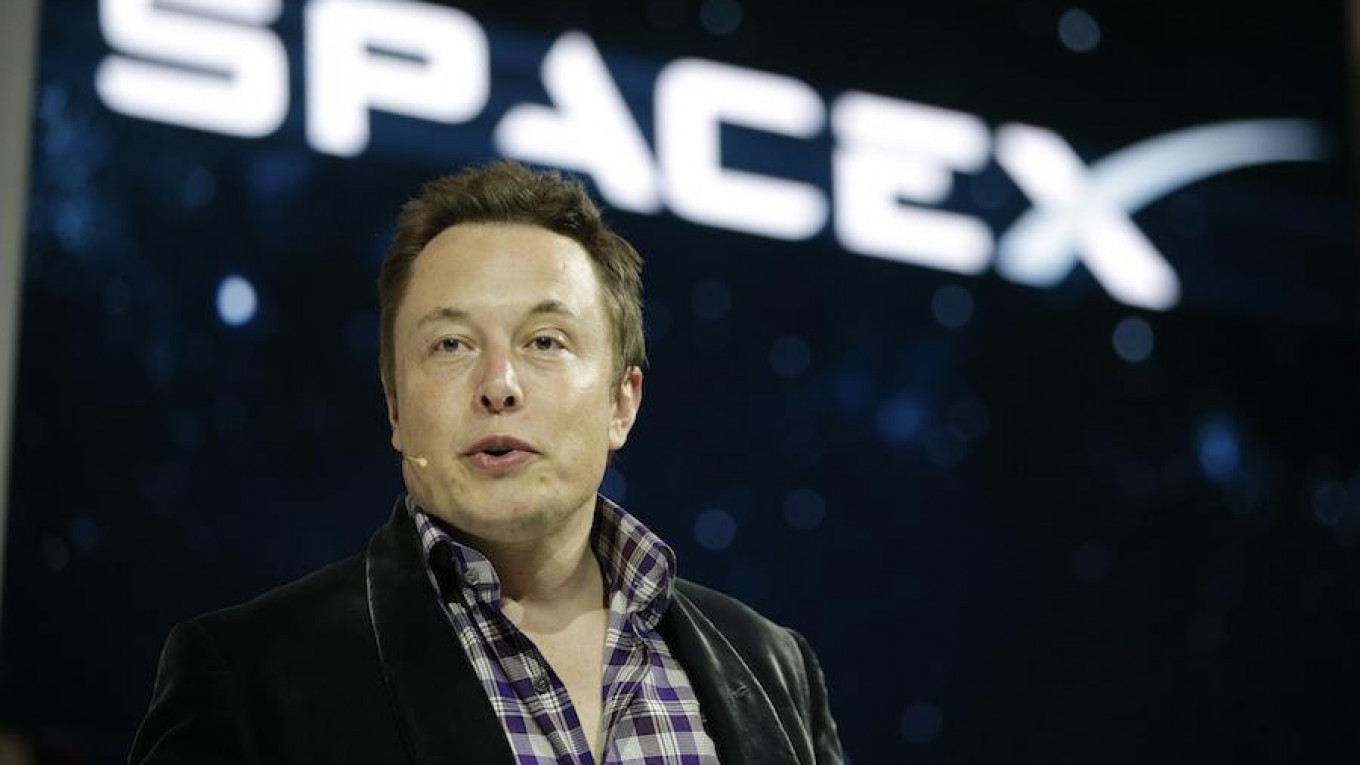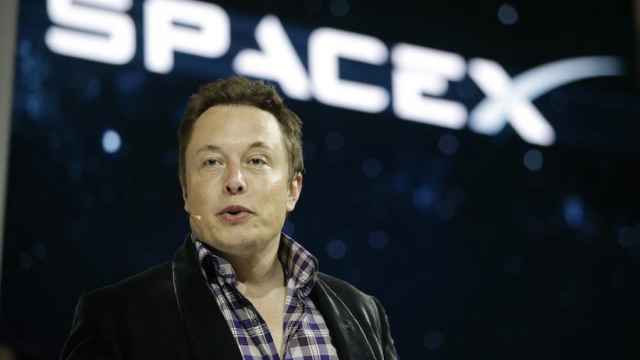Tech billionaire Elon Musk’s plan to bomb Mars to make it suitable it for human life is a front to deploy nuclear weapons in space, Russia’s space chief said Wednesday.
The SpaceX founder and CEO has occasionally floated his controversial plan to terraform the Red Planet by setting off thermonuclear explosions above the planet’s polar caps and evaporating the frozen carbon dioxide stored there. According to Musk, this would trigger the greenhouse effect, raising the planet’s average temperatures enough to support human life.
“We understand that one thing is hidden behind this demagogy: This is a cover for the launch of nuclear weapons into space,” Dmitry Rogozin, the head of Russian state space agency Roscosmos, said in a YouTube interview with pro-Kremlin television pundit Vladimir Solovyov.
He slammed Musk’s idea as “inhumane,” saying it would “destroy” the planet.
“We see such attempts, we consider them unacceptable and we will hinder this to the greatest extent possible,” he said, adding that Russia is readying a response and that international regulations ban the deployment of any weapon into space.
Earlier this month, Roscosmos executive director for advanced programs and science Alexander Bloshenko told the state-run TASS news agency that Musk’s plan would require the detonation of more than 10,000 nuclear warheads. Musk responded with a tweet that simply said “No problem.”
Rogozin has traded barbs with the SpaceX CEO several times in the past, accusing him of trying to squeeze Moscow out of the carrier rockets market by lowballing prices for commercial space flights.
His comments come a day after SpaceX was forced to delay the landmark launch of its Dragon spacecraft to the International Space Station over inclement weather. If successful, the mission will signal that the U.S. is no longer dependent on Russia’s Soyuz rockets for access to space.
A Message from The Moscow Times:
Dear readers,
We are facing unprecedented challenges. Russia's Prosecutor General's Office has designated The Moscow Times as an "undesirable" organization, criminalizing our work and putting our staff at risk of prosecution. This follows our earlier unjust labeling as a "foreign agent."
These actions are direct attempts to silence independent journalism in Russia. The authorities claim our work "discredits the decisions of the Russian leadership." We see things differently: we strive to provide accurate, unbiased reporting on Russia.
We, the journalists of The Moscow Times, refuse to be silenced. But to continue our work, we need your help.
Your support, no matter how small, makes a world of difference. If you can, please support us monthly starting from just $2. It's quick to set up, and every contribution makes a significant impact.
By supporting The Moscow Times, you're defending open, independent journalism in the face of repression. Thank you for standing with us.
Remind me later.






